Filmmaking has the power to transport audiences into new worlds, but for the director of Manok (2025), Yu-jin Lee, it was also a means of creating much-needed representation and joy for queer stories in Korean cinema. The director/screenwriter behind Manok shares insights into their journey, inspirations, and what it takes to bring an independent film to life ahead of its screening at this year’s BFI Flare festival.
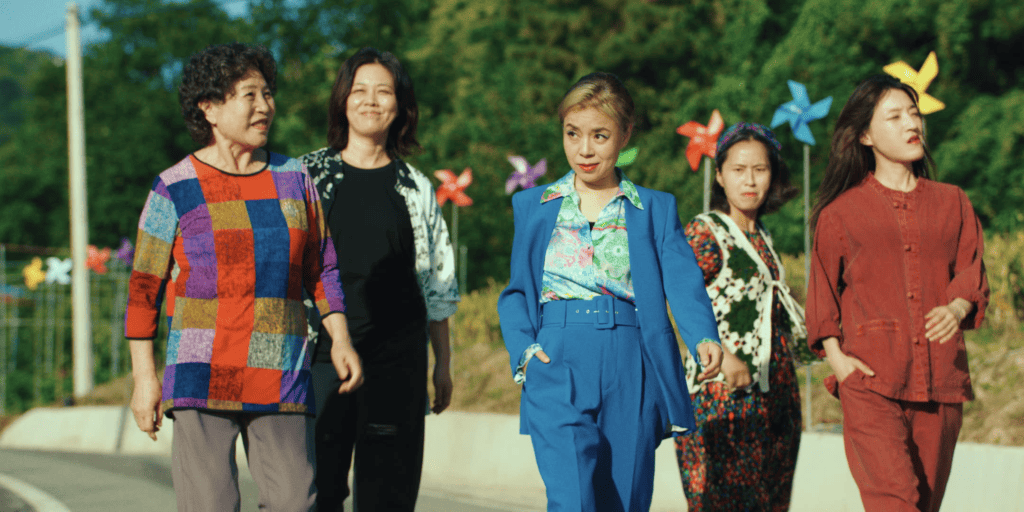
A Journey into Filmmaking
For many directors, the allure of cinema lies in its immersive storytelling. For the filmmaker of Manok, this was no different. “I was drawn to film as a medium because it offers a fully immersive experience, one that’s often confined to the unique space of a cinema,” After working on several short films, the natural next step for Yu-jin Lee was crafting a feature film that would tell an authentic and heartfelt story.
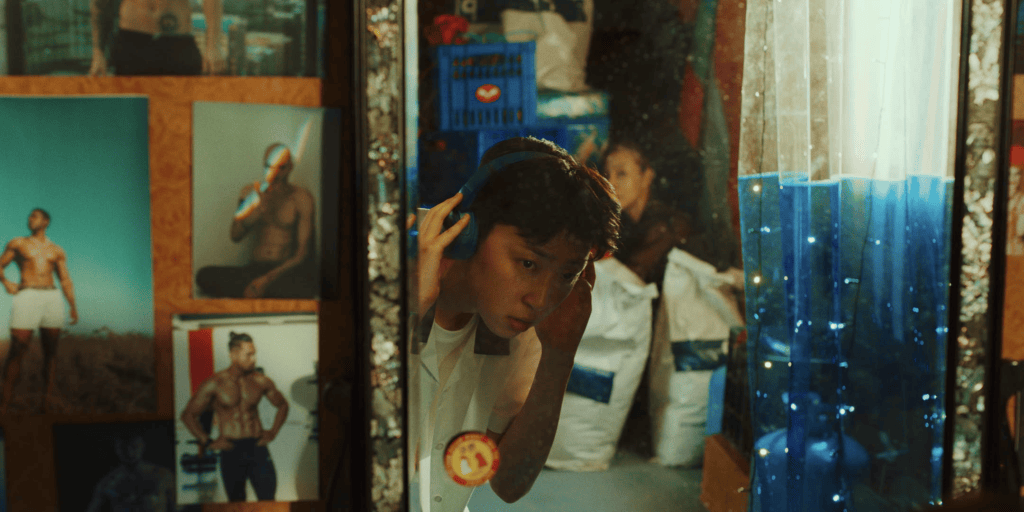
The inspiration for Manok was deeply personal. “Many queer films in Korea tend to reflect a rather dark reality, I had a strong desire to create a comedy where the protagonist can laugh, have fun, and simply enjoy life.” And thus, Manok was born, a film that brings humour and heart to an underrepresented genre in Korean cinema.
Bringing Manok to Life
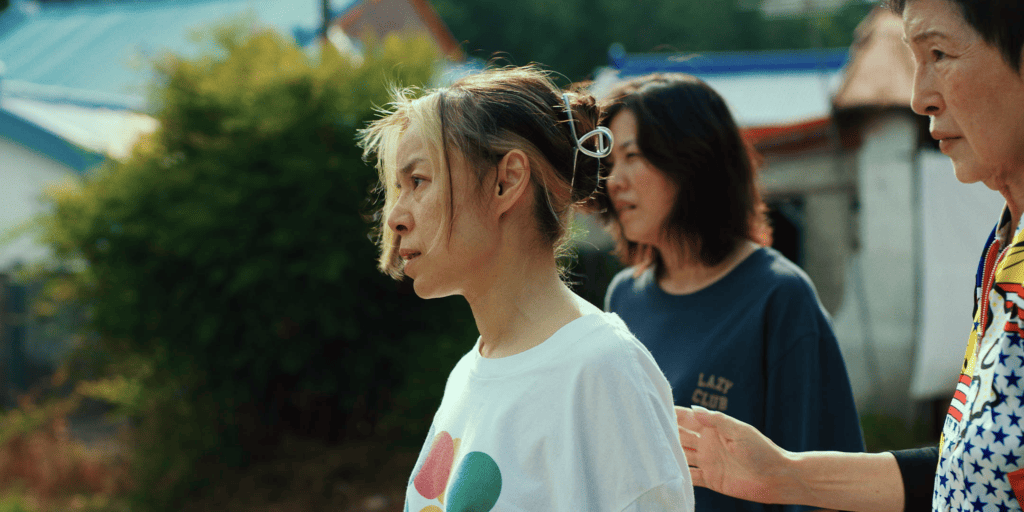
Color palettes play a crucial role in shaping the atmosphere of a film, and Manok is no exception. “I approached the film by gradually emphasizing a more vibrant color palette as the protagonist enters the remote countryside village,” the director explains. This creative choice adds a sense of transformation and warmth to the protagonist’s journey.
Like any independent project, Manok came with its share of challenges, both creative and logistical. “To bring to life scenes that would have seemed impossible for a low-budget indie film shot entirely in a rural setting, I turned to my queer friends and allies. Their warmth and willingness made the impossible feel possible.”

On set, spontaneity played a crucial role in shaping the film. “Our shooting schedule was so tight that I found myself reworking the storyboard with the cinematographer every night, I believed it was important for the actors to feel free, so many scenes were
changed spontaneously.” Sometimes, they even chose to omit tighter shots in favor of single wide shots, a decision that ultimately added to the film’s charm.
Despite the difficulties, the most rewarding part of the process was seeing the pride of the cast and crew. “We made it together, and their pride felt like the greatest reward.”
Reflections on Filmmaking
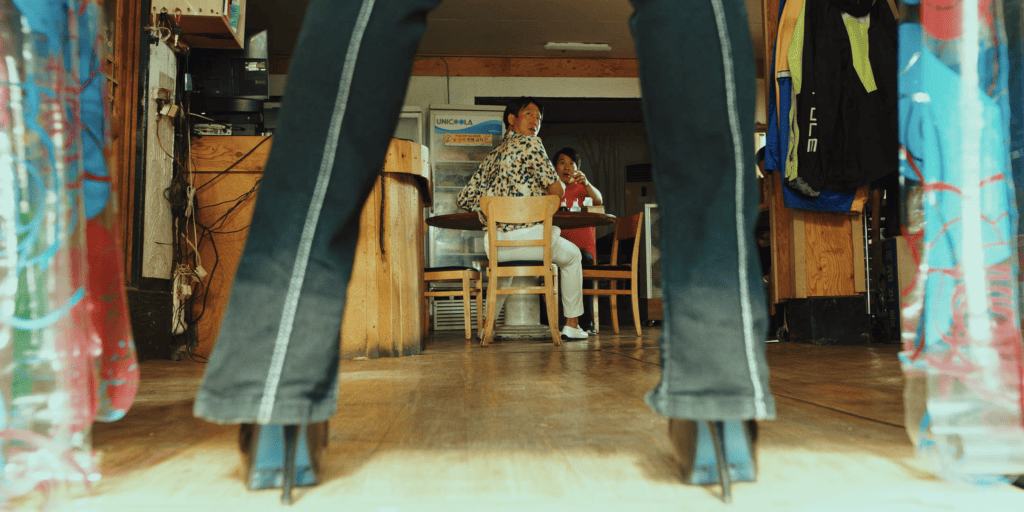
As an emerging filmmaker, Manok’s director has learned that every project, big or small, comes with its challenges. The advice to new filmmakers? “Making a movie is always a tough and challenging journey. But let’s keep going, let’s keep creating together!”
Comparing Manok to their earlier works, Yu-jin Lee sees it as a culmination of their creative journey. From serious drama in Good Mother to blending comedy with restraint in Outing and Butch Up!, Manok is their first film to fully embrace comedy as a deliberate choice in tone and style.
However, making a queer film in Korea comes with its own set of misconceptions. “Often, directors of queer films are asked personal questions unrelated to their work,” they note. “This reflects the lack of public education on queer issues, and it’s exactly why we need more diverse queer stories in Korean cinema.”
For independent and culturally driven films to thrive, they believe industry support is key. “Government support is essential. Also, while multiplexes have effectively become monopolized, the willingness of cinemas to screen independent films remains crucial.”
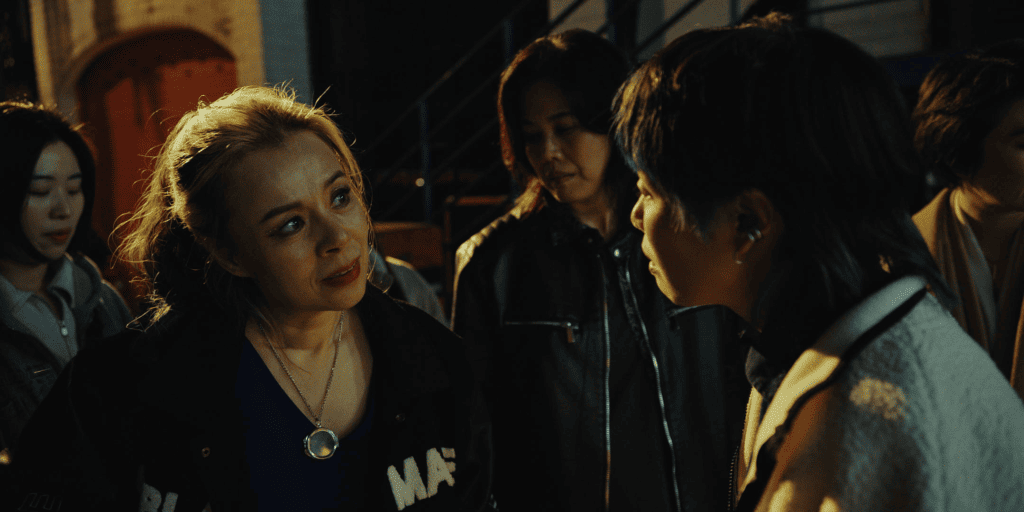
Looking to the Future
With Manok premiering at BFI Flare, the director hopes the film will continue to travel and reach new audiences worldwide. “I hope Manok finds its way to more cities and countries,” they say.
With Manok, Yu-jin Lee has proven that comedy and joy have a place in queer cinema, and we can’t wait to see what they do next.


